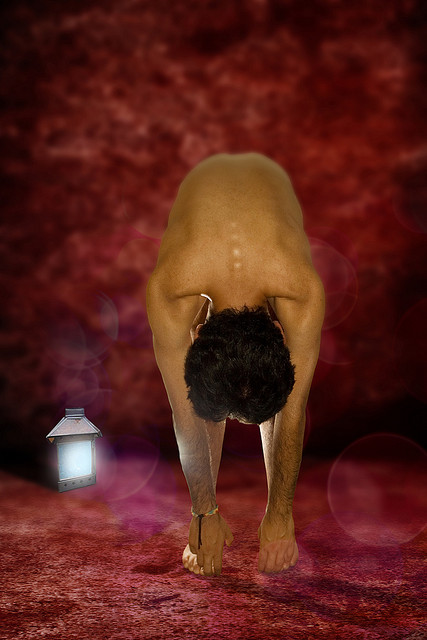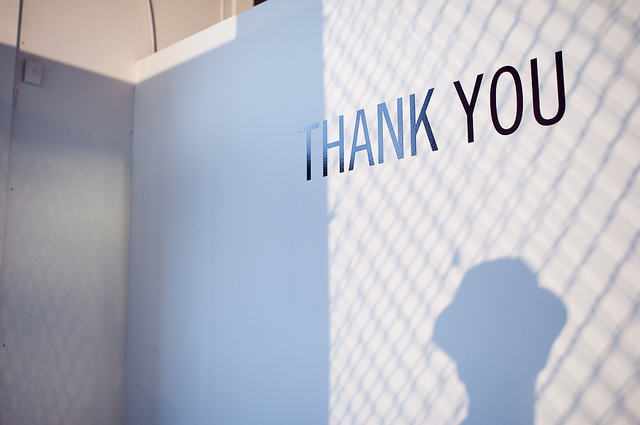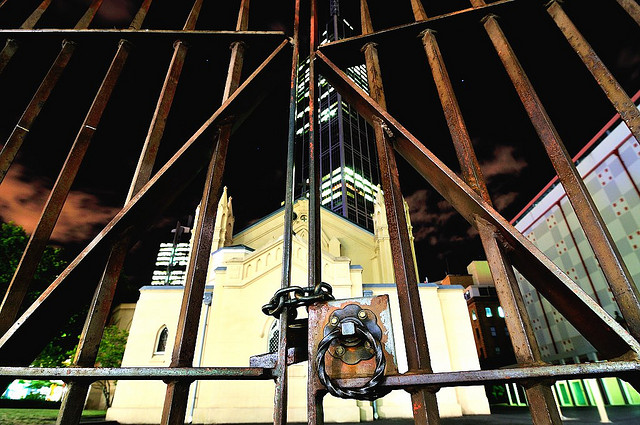Tag: Pagan Pride
-

I Was Not Ashamed at Pagan Pride
A year ago I wrote about feeling ashamed at Pagan Pride. The circle was to blame, I stated. On Saturday, to my surprise, I found myself standing in a circle at another Pagan Pride, but this time I was helping to facilitate ritual. I was “West,” to be specific. I stood in a circle, one […]
-

I Felt Ashamed At Pagan Pride
The circle. The circle is fundamental. This simple shape, along with the square and the triangle, introduces our early minds to geometry, to symmetry, to physical and social design. This past weekend I felt ashamed at Pagan Pride on account of a circle. My body helped form the edge of a circle. My body stood […]


